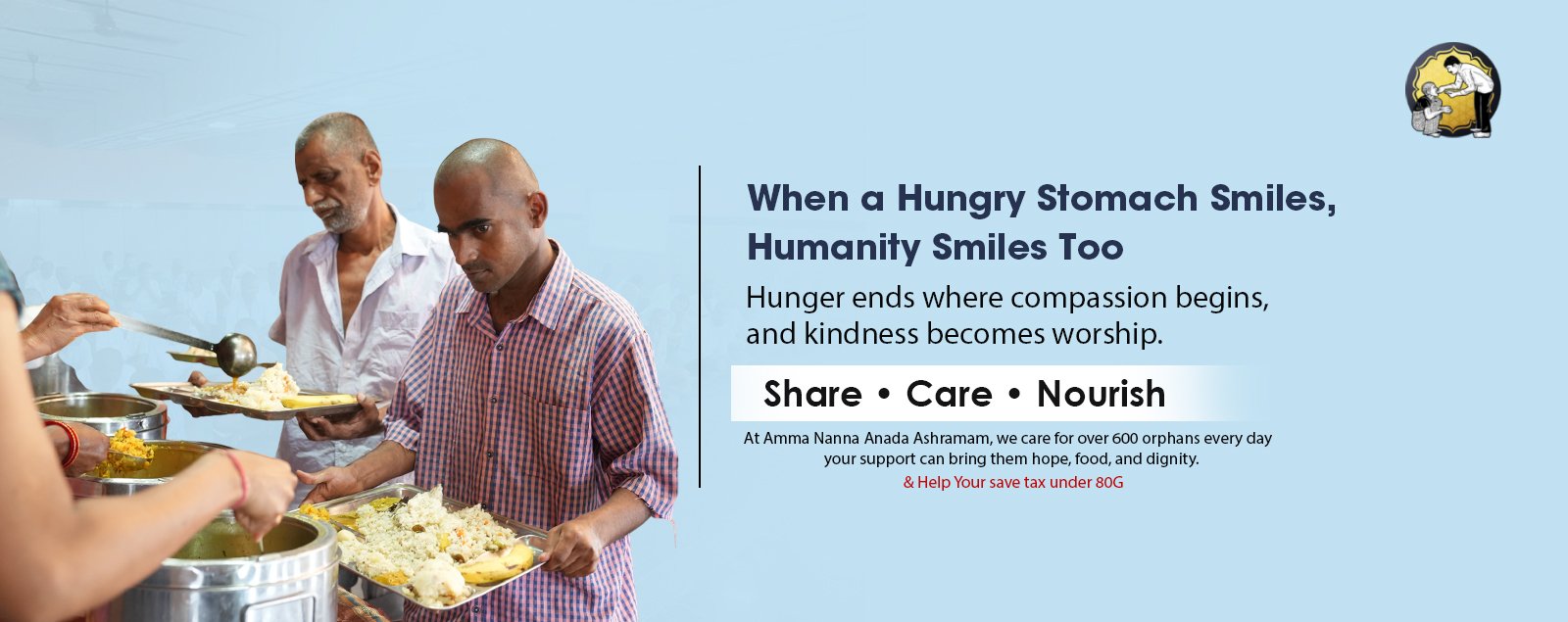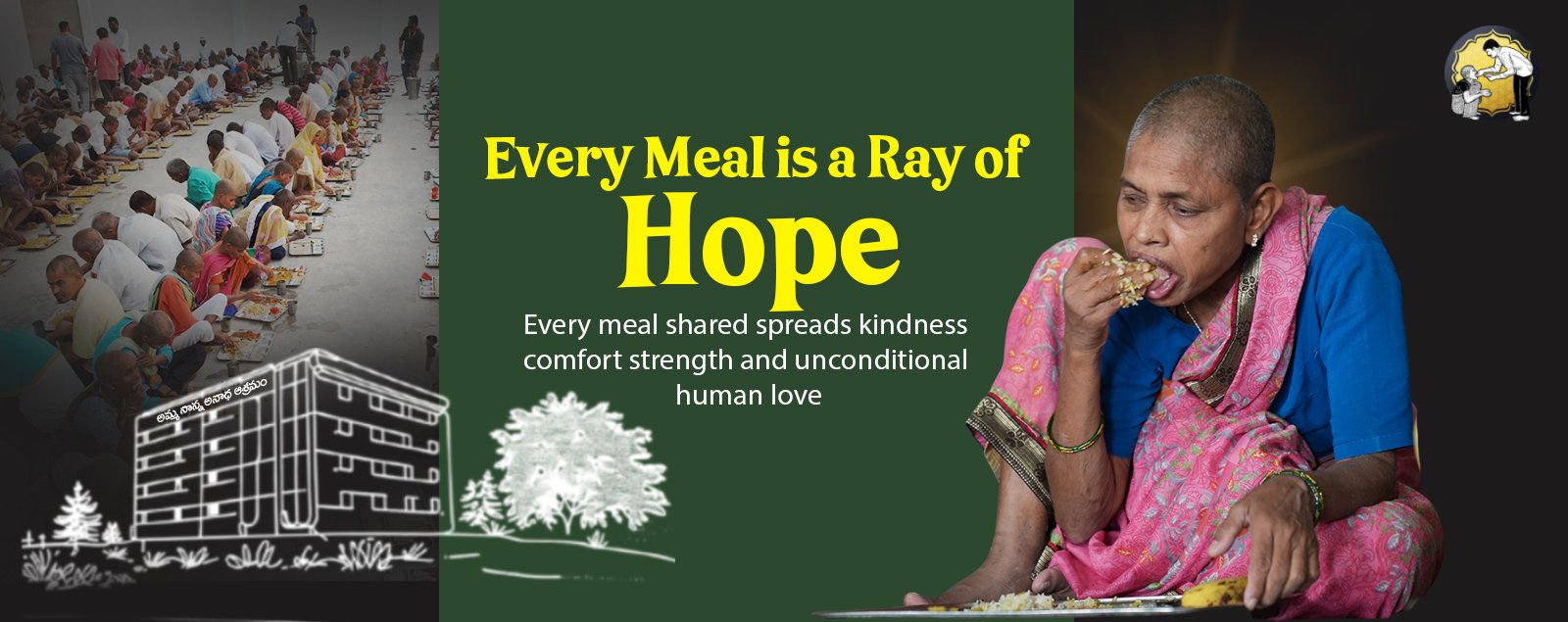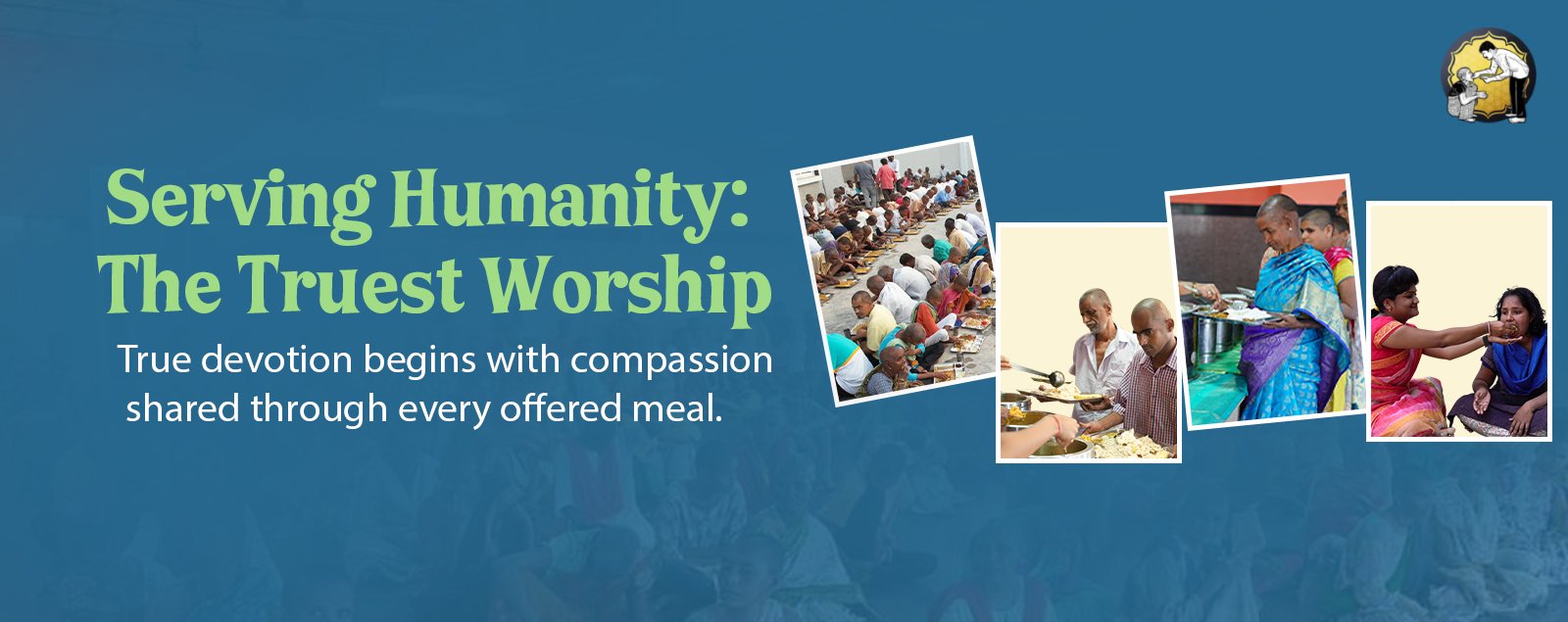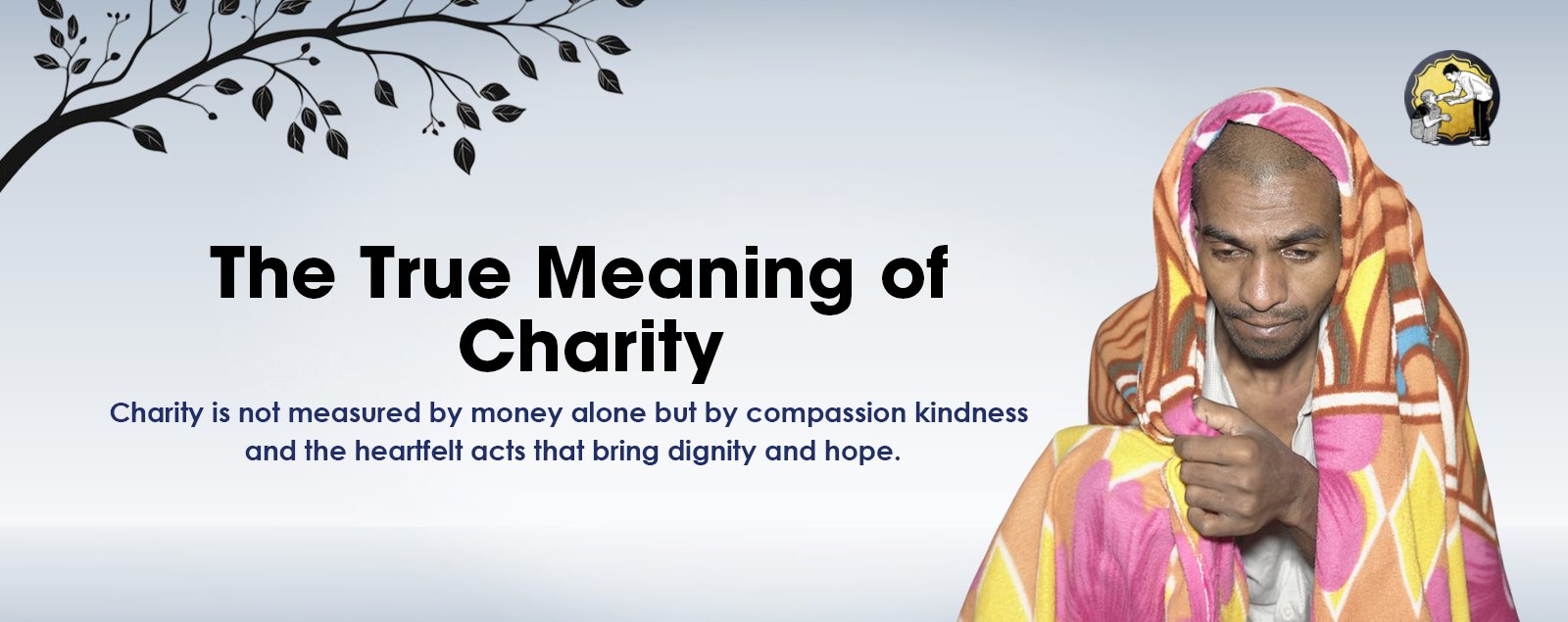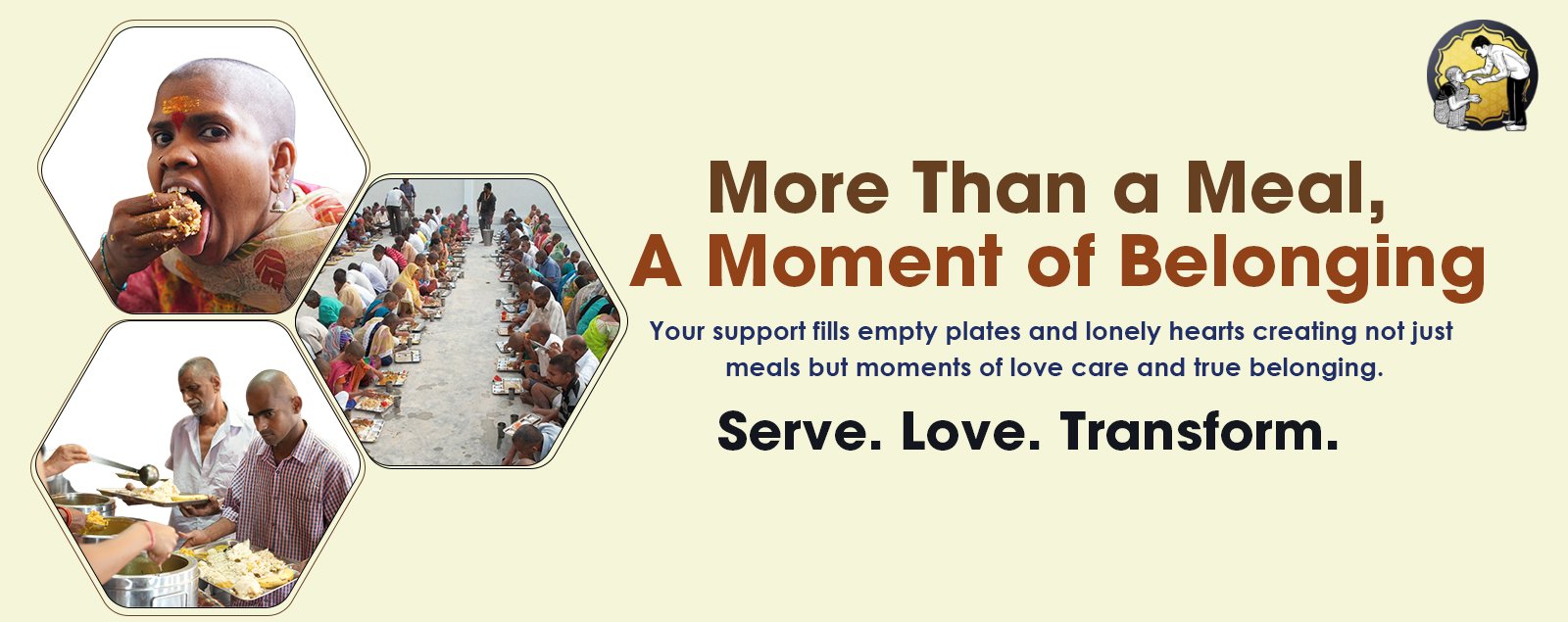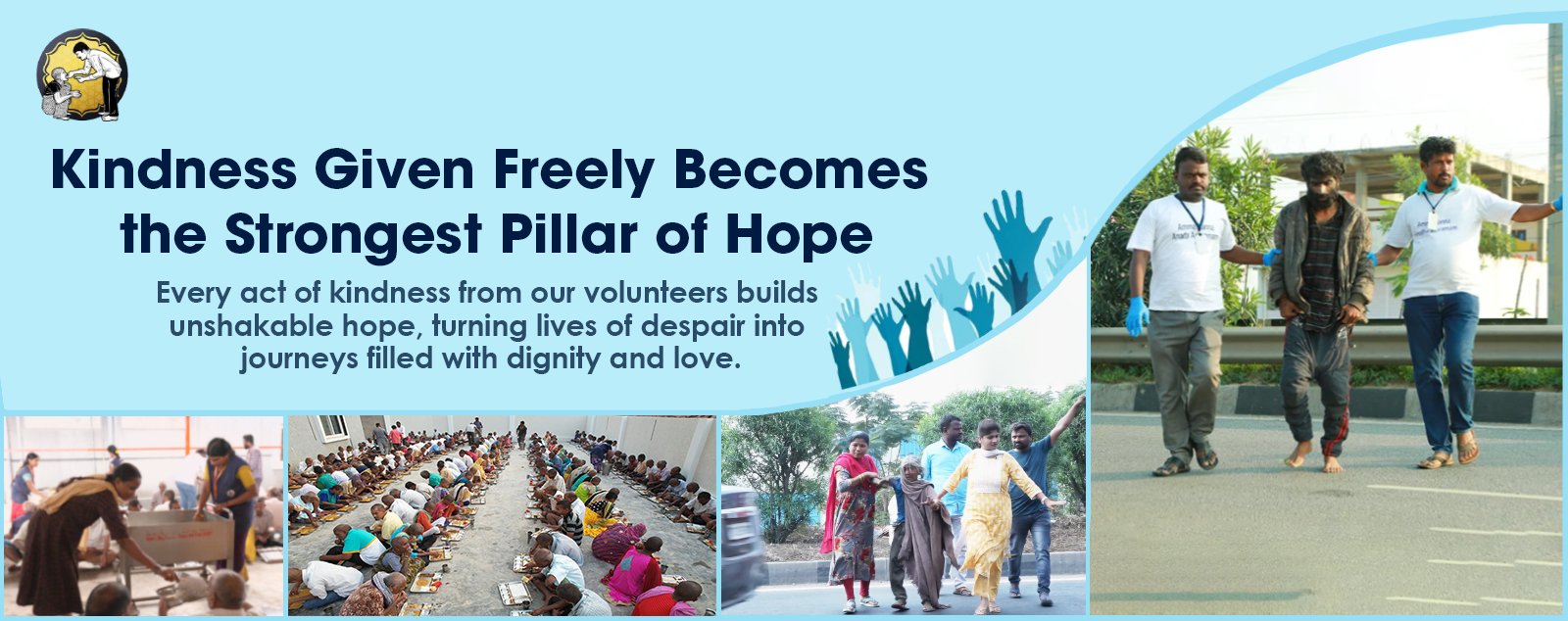- News
- News Blog
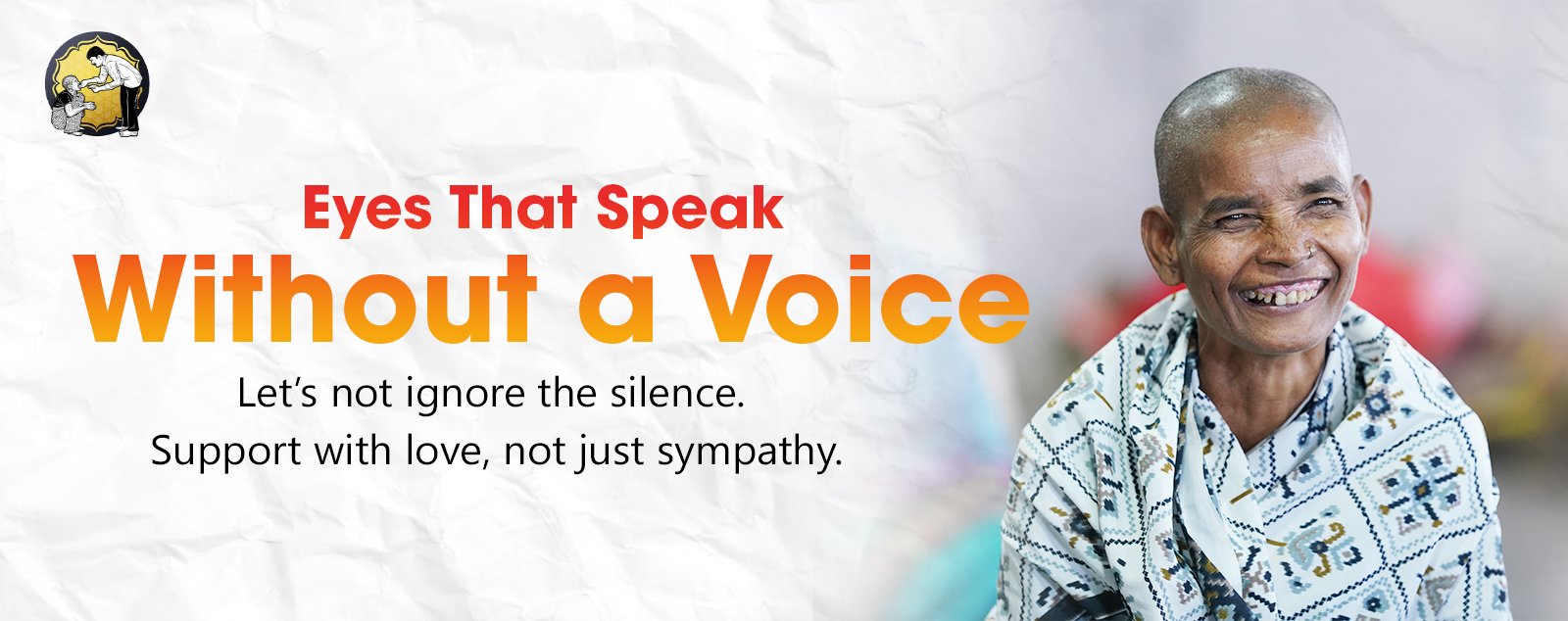
The Real Orphan Meaning Is Found in the Silence of Their Eyes
Let’s not ignore the silence. Support with love, not just sympathy.
In dictionaries, the word “orphan” is often described in a few lines—a person who has lost both parents. But reality goes far beyond the simplicity of that definition. The real orphan meaning is not found in words. It is found in their silence. In the depths of their eyes that have seen too much, too soon.
A Silent Story Untold
When you look into the eyes of an orphan, you don’t just see a person—you see a story that was never spoken. Abandonment, pain, longing, and sometimes… a flicker of hope. No words can truly describe what they’ve felt, but their silence speaks volumes. It tells of nights spent waiting for someone who never returned, days filled with questions that had no answers.
More Than Just a Label
Calling someone an “orphan” is not just a description—it becomes a world they are forced to carry. A world where birthdays go unnoticed. A world where comfort is rare, and hugs are not guaranteed. The word becomes a weight that many of us cannot imagine lifting. Yet, they carry it every day—with quiet strength.
Also Read: Voices May Be Silent But Their Hearts Are Heard
Where Hope Lives
And yet, despite everything, there is something powerful in that silence. Look closer, and you may find resilience. Look deeper, and you might see hope—fragile but alive. Orphans are not defined by what they’ve lost, but by what they still hold on to: the belief that someone, somewhere, will care.
A Call to See Differently
Let us not look at orphans with pity. Let us look at them with empathy, love, and commitment. Because behind those quiet eyes are dreams waiting to be heard, talents waiting to be nurtured, and hearts longing to be accepted.
The real orphan meaning? It is not about being parentless. It’s about needing someone to see them, to understand that love, belonging, and dignity are not luxuries—they are rights.
FAQ
Q1. What is the real meaning of orphan?
A: Being an orphan is not just about losing parents. It means growing up without love, guidance, or someone to call your own. It’s about living in silence, waiting to be seen, heard, and accepted.
Q2. How do orphans feel inside?
A: Many feel lonely, forgotten, or unloved. Even if they don’t say it, their eyes show pain, hope, and a deep longing for connection. They often carry silent emotions that go unnoticed.
Q3. What do orphans need the most?
A: More than anything, they need love, care, and someone who believes in them. Food and shelter help, but emotional support changes their lives.
